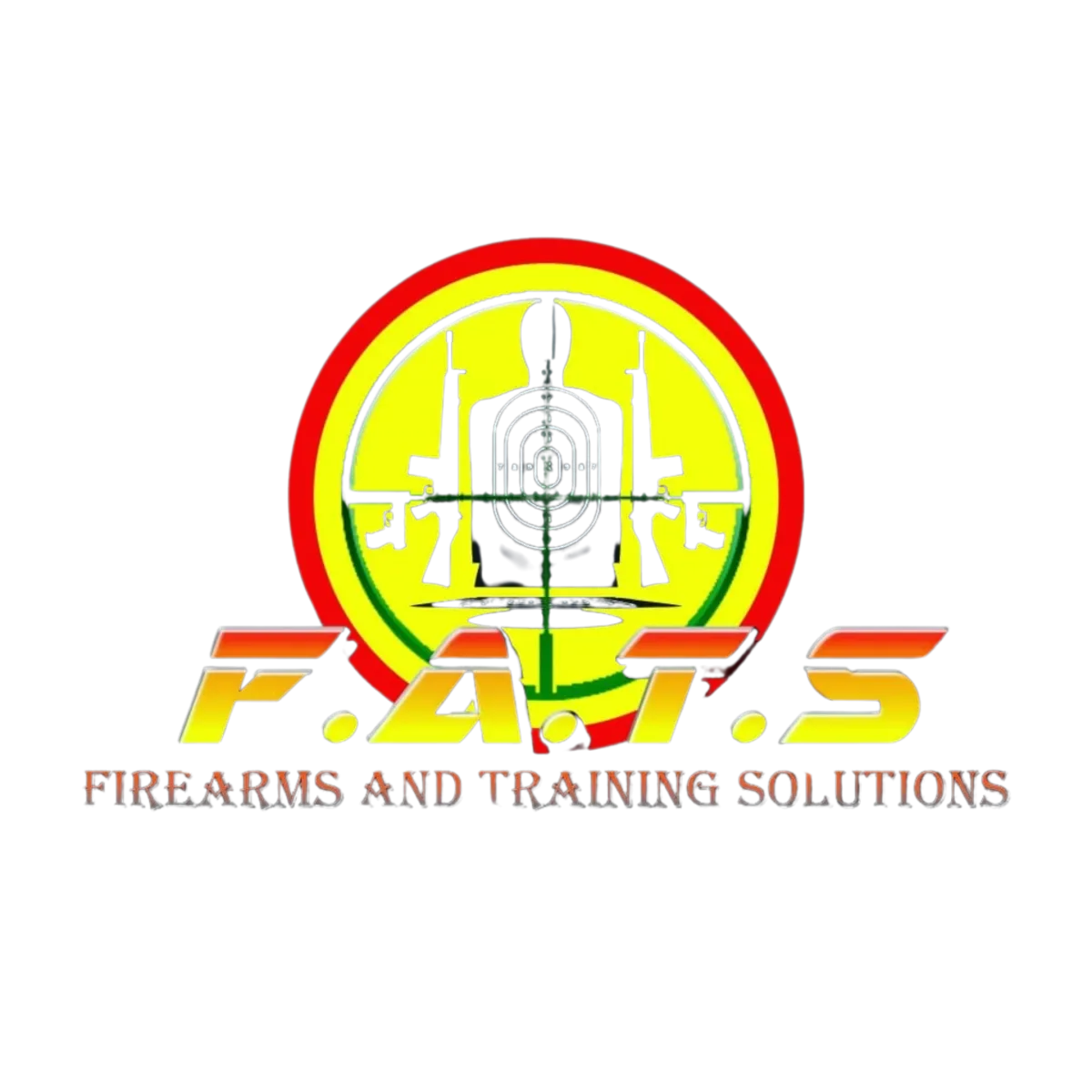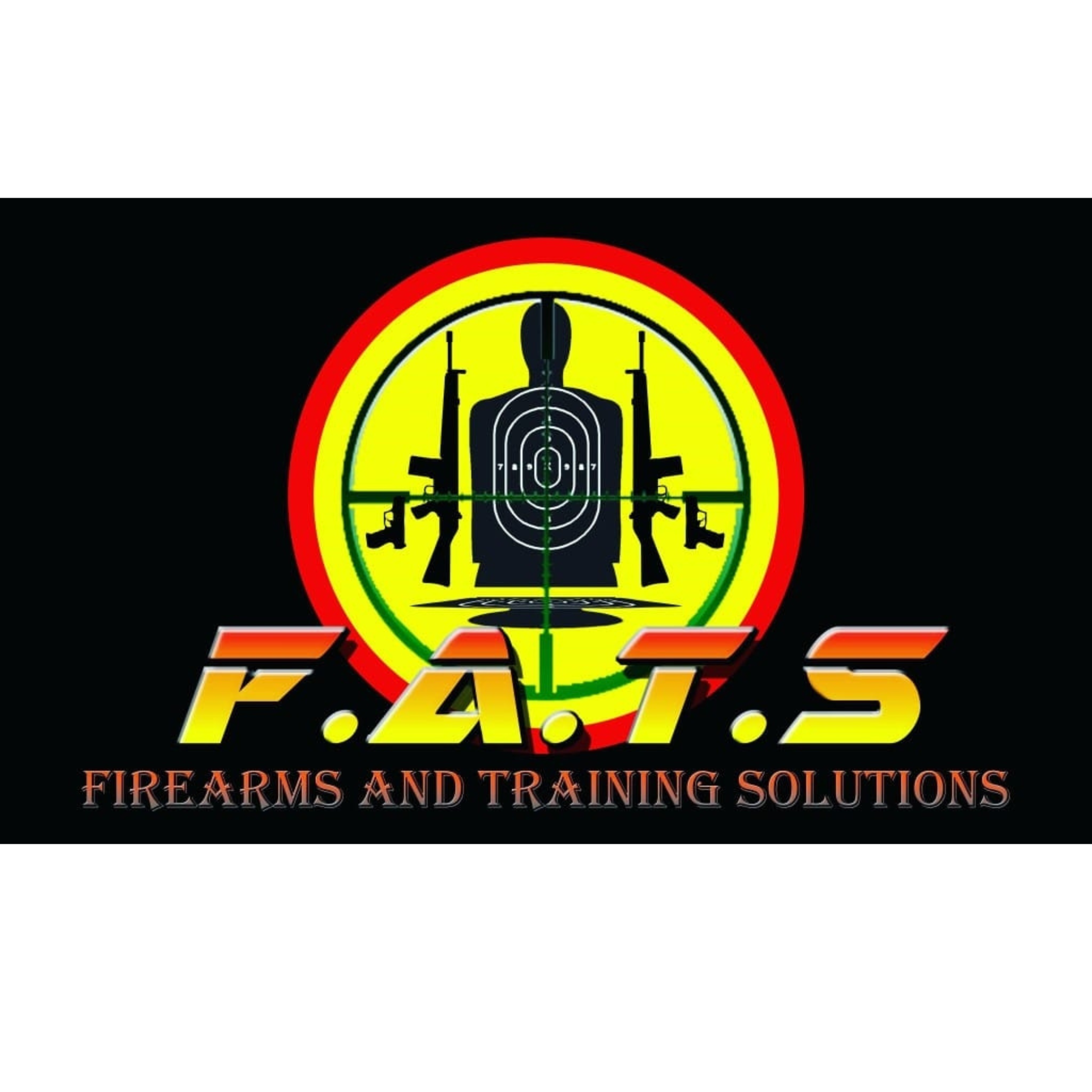FAQS
What are the requirements for taking a firearm class?
Requirements vary depending on the specific class and location. Generally, participants must meet age requirements and may need to provide identification. Some classes may have prerequisites, such as completing a basic firearms safety course.
What should I bring to a firearm class?
Participants typically need to bring their firearm (if they own one), appropriate ammunition, eye and ear protection, and any required documentation or forms. It's also advisable to bring water, snacks, and clothing suitable for the shooting range or training environment.
Do I need to own a firearm to take a class?
Not necessarily. Many firearm classes provide rental options for participants who do not own their own firearms. However, it's always best to check with the specific instructor or training facility beforehand.
What can I expect during a firearm class?
Classes typically cover a range of topics including firearm safety, basic handling and operation, marksmanship fundamentals, legal considerations, and situational awareness. Instruction may include classroom discussions, hands-on demonstrations, and live-fire exercises on the range.
Are firearm classes suitable for beginners?
Yes, many firearm classes cater to beginners and individuals with varying levels of experience. Instructors often tailor their instruction to accommodate participants' skill levels, ensuring that everyone receives the necessary guidance and support.
Is there an age requirement for taking firearm classes?
Age requirements vary depending on the class and location. In many cases, participants must be at least 18 years old to attend a firearm class. However, some courses may have age restrictions or require parental consent for minors.
Will I receive a certificate upon completing a firearm class?
Many firearm classes provide participants with a certificate of completion or proficiency, especially those that are designed to meet specific licensing or certification requirements. These certificates can be valuable for demonstrating competency and may be required for certain permits or licenses.
Are firearm classes only for self-defense purposes?
While self-defense is a common focus of firearm training, classes may also cover recreational shooting, hunting, competitive shooting sports, and other applications. Participants can often choose classes that align with their specific interests and goals.
How often should I attend firearm training?
Regular training and practice are essential for maintaining proficiency and staying updated on safety protocols and legal regulations. Many firearm instructors recommend attending refresher courses or practice sessions periodically to reinforce skills and knowledge.
Can I ask questions during the class?
Absolutely. Instructors encourage participants to ask questions and seek clarification on any topics covered during the class. Open communication fosters a better learning experience and ensures that participants fully understand the material presented.


